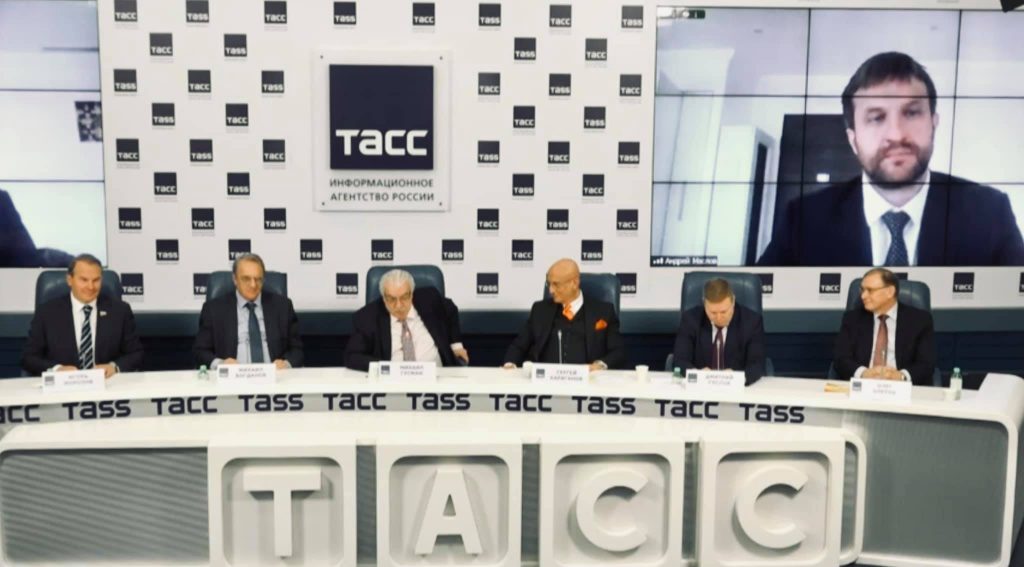On November 10, the TASS news agency hosted a press conference devoted to the publication of a report entitled ‘Africa: Development Prospects and Recommendations for Russian Policy.’ The report was prepared by experts from the HSE Situational Analysis Programme, which is organised with the Russian Ministry of Foreign Affairs with support from the Russian State Duma Committee on International Affairs, the Public Council on Foreign and Defence Policy, and the Russia in Global Affairs journal. The head of the Situational Analysis Programme is Sergey Karaganov, Dean of the Faculty of World Economy and International Affairs at HSE University.
Presenting the report, Mr. Karaganov noted the significant contributions were made by diplomats and other Russian experts working in Africa in preparing the research. ‘We depart from official conceptions, and it makes for good reading. The report will be of use to a lot of people — it outlines the situation in Africa and the opportunities for Russia in the continent,’ he explained.
Mikhail Bogdanov, Deputy Minister of Foreign Affairs of Russia and Special Presidential envoy for the Middle East and Africa, said that the report was ‘a comprehensive and high-quality work on the position of Africa on the world stage and the relationships between Russia and African nations.’ Mr. Bogdanov highlighted the importance of involving independent experts in the development of foreign policy, adding that, undoubtedly, the presented report will be used for preparing the 2nd Russia-Africa summit scheduled for autumn 2022.

Andrey Maslov, head of the group behind the report and an expert of the HSE University Centre for African Studies, stressed that the main aim of the research was to analyze the international experience of working in Africa. ‘We examined what our partners and competitors are doing to see what works and what doesn’t,’ explaining that Russia and African countries share common interests, which is advantageous to Russia. Building cooperation will require the establishment of institutional structures, policy discussions between expert and working groups, the state and business organisations, and recommendations for cooperation with the African Union.
You may the full version of the report here. English version of the Executive Summary starts from page 125.
